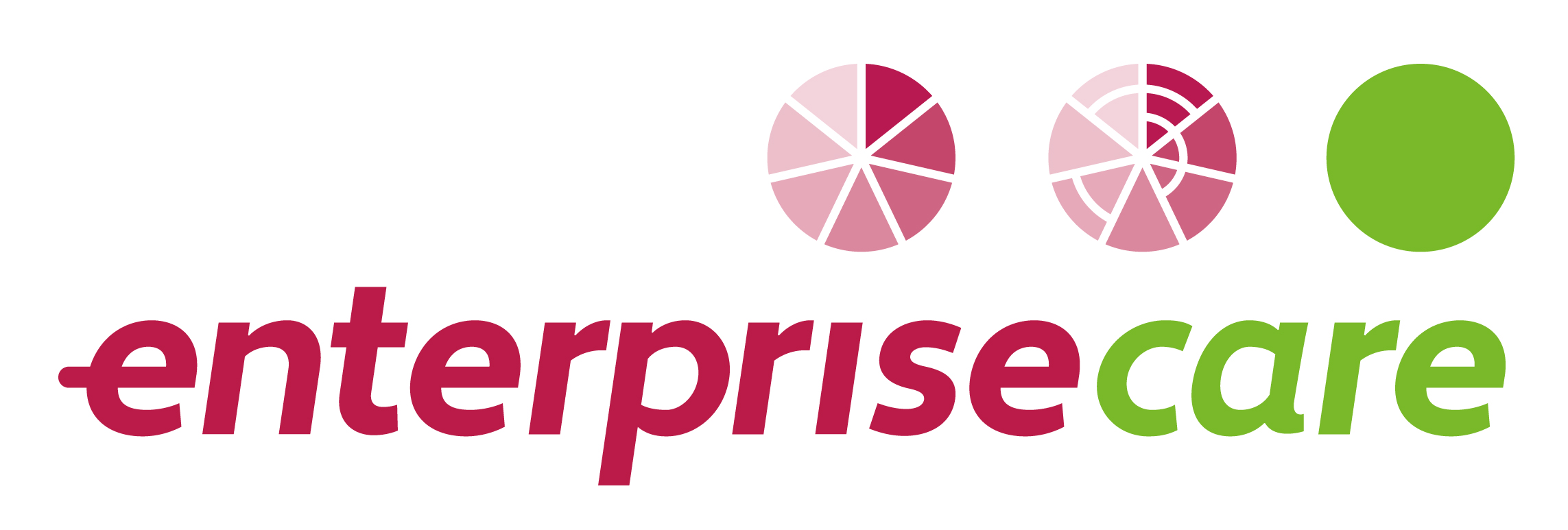NEW WHISTLEBLOWER PROTECTION LAWS ARE COMING
Introduction
Although whistleblower protection has existed for some time, in one form or another, in Australia; many organisations will now need to prepare for compliance with the latest whistleblower protection.
Australia’s latest whistleblower protection laws come into operation on 1 July 2019. These new changes seek to increase protections for anyone who makes a disclosure, as well as widening what disclosures are protected.
The challenge for many is to know and act accordingly, on how this new whistleblower protection laws will affect you and your day-to-day operations.
New whistleblower legislation
The Treasury Laws Amendment (Enhancing Whistleblower Protections) Bill 2017 (whistleblower legislation) will apply from 1 July 2019. This law aims to create a single, strengthened whistleblower protection regime, to encourage ethical whistleblowing and discourage white collar crime.
Public companies and large proprietary companies will need to have a whistleblower policy in place by the end of this year. If any organisation is yet to commence its whistleblower policies and processes, then it is important to begin now to ensure it will comply by the end of the year with the new laws.
What are whistleblower protection laws?
Simply explained, whistleblowers refer to those people who give information to the police or other authorities i.e. ASIC, APRA, ACNC or other regulatory body about an organisation’s activities.
Typically, the information raises matters which are of their nature either harmful, immoral or illegal, i.e. involving elements of bribery or corruption or some form of anti-competitive behaviour.
Generally, any disclosures places at risk the person who is doing so; and therefore, they are seeking greater protection from retribution i.e. loss of employment or being sued for defamation. To address this, whistleblower protection offers the person immunity from being sued in civil actions or prosecuted in criminal proceedings if they have disclosed information in the right circumstances.
The objective of these laws is to facilitate the right thing to be done and to facilitate that people who make disclosures in the public interest are protected. It is a simple and straightforward objective.
Given the stronger voice of communities for holding our corporate entities more accountable for their activities, then the Australian government sought to broaden the scope of the federal whistleblower protection laws.
The significance of the changes can be considered in reviewing what is covered under the new whistleblower protection laws.
Coverage of new whistleblower laws
From 1 July 2019, the new whistleblower laws will:
1. Protect a broader group of informants
includes
- current and former employees
- officers and contractors and
- spouses and dependents
2. Allow disclosures to
- company officers
- senior managers
- auditors
- actuaries and
- in circumstances where the informant believes that not enough is being done to address the problem, then it may also allow disclosure to the media or a member of parliament
3. Allow anonymous disclosures
- noting however, whether the disclosure is anonymous or not the company must protect the anonymity of the whistleblower
4. Require the following corporate bodies to comply
- public companies
- companies with 100 or more employees and
- companies with significant assets or significant gross revenue; and
5. Continue to require that disclosures are honest and genuine.
Penalties
There are significant fines for individuals and companies provided in the legislation. These penalties are intended to act as a “stick” to gain compliance from companies to the new laws.
Importantly, one of the changes has been the addition of penalties for threatening or victimisation of a whistleblower.
What isn’t covered by the new laws?
Note this does not cover smaller companies; nor does it cover so-called disclosures about personal work issues.
Any organisation which is covered needs to consider as a minimum to put in place a whistleblower policy.
A whistleblowing policy should contain:
- A definition of a whistleblower;
- An explanation of whistleblower protection;
- How the whistleblower laws protect whistleblowers;
- A list of people who can make disclosures;
- A list of people to whom disclosures can be made, along with their contact details as required;
- The type of activities that can be disclosed;
- Any procedures for making a disclosure;
- Information about support;
- information about the protection of whistleblowers;
- Information about the whistleblowers rights;
- Investigation procedures; and
- Information about how employees can access the policy.
What to do next?
We recommend, if you have not already done so, to initiate an internal discussion of what this legislative change means for your organisation. Then a decision needs to be made to draft and adopt a whistleblower policy.
If you are wondering what it needs to cover then why not contact Damien Smith on smithdj@enterprisecare.com.au or 0418 325 781, and we can provide a template for you to begin the process.
DISCLAIMER: This article is general ONLY in nature and is not advice
